Rituals Begin in Vatican City Following Official Confirmation of Pope's Death

Pope Francis, the 266th pontiff of the Catholic Church, passed away on Easter Monday, April 21, 2025, at the age of 88.
The Vatican confirmed his death in the early hours of the day, marking the end of a papacy that spanned over a decade and was characterised by its emphasis on humility, inclusivity, and social justice. As the Catholic Church enters a period of mourning and transition, global communities reflect on his enduring legacy and the profound impact it had on both religious and secular spheres. Born Jorge Mario Bergoglio in Argentina, Pope Francis was the first Latin American and Jesuit to ascend to the papacy.
Elected in 2013, his tenure was marked by a progressive approach to leadership that sought to bridge divides and address modern challenges within the Church and beyond. From advocating for environmental stewardship to championing the rights of the marginalised, his papacy resonated deeply across diverse communities.
Transition and the Sede Vacante
Following the death of a pope, the Catholic Church undergoes a period known as "Sede Vacante," which signifies the vacancy of the Holy See. This period is marked by centuries-old traditions and rituals. The Camerlengo, currently Cardinal Kevin Farrell, is responsible for initiating these protocols, which include verifying the Pope's death by calling out his baptismal name three times. The ceremonial destruction of the "Fisherman's Ring" and the sealing of the papal apartments are symbolic acts that mark the end of a papal reign and safeguard against potential misuse of authority.
The Vatican bell tolls to announce the Pope's passing, with its chimes reflecting the years of his life. The College of Cardinals will convene to elect a new pope. The conclave, a solemn and highly secretive gathering, will determine the next leader of the global Catholic community, a process that carries immense spiritual and organisational significance for the Church.
Pope Francis' Enduring Impact in Kenya
Pope Francis' influence extended far beyond the Vatican, with his messages of peace, unity, and social justice resonating globally. His historic visit to Kenya in November 2015 left an indelible mark on the nation. As part of a wider African tour, his journey to Kenya was marked by moments of unity, faith, and advocacy for social justice. He was warmly received by then-President Uhuru Kenyatta at Jomo Kenyatta International Airport. His interactions with other Kenyan leaders, including the late Presidents Daniel Arap Moi and Mwai Kibaki, underscored the visit's importance to the country's political and religious landscape.
During his stay, Pope Francis addressed Kenyan authorities and members of the diplomatic corps, urging them to prioritise peace, reconciliation, and healing in their governance. His emphasis on interfaith dialogue was evident during a gathering with religious leaders, where he highlighted the importance of unity and collaboration among different faiths to address common societal challenges. One of the most iconic moments of his visit was an open-air Mass held at the University of Nairobi, attended by thousands of faithful.
Here, he called for peace and unity, messages that resonated deeply with a country that has faced its share of political and social tensions. His visit to the Kangemi neighbourhood in Nairobi further showcased his commitment to addressing urban poverty and advocating for the inclusion of marginalised communities. Pope Francis also engaged with Kenyan youth during an event at Kasarani Stadium, where he encouraged them to be agents of change and transformation in their communities. His words inspired a generation, urging them to uphold values of compassion, integrity, and service to others. The farewell ceremony at Jomo Kenyatta International Airport marked the conclusion of his Kenyan visit, leaving a lasting impression on the nation.
Tributes and Condolences from Kenyan Leaders
As news of his passing spread, leaders from Kenya and around the world expressed their condolences and paid tribute to his legacy. President William Ruto describes Pope Francis as a spiritual leader whose humility and ethical convictions transcended religious and cultural boundaries. He highlights the Pope's commitment to serving the vulnerable and marginalised, a hallmark of his papacy that inspired millions.
Deputy President Kithure Kindiki and Speaker of the National Assembly Moses Wetang’ula echo these sentiments, emphasising the Pope's role as a beacon of hope and justice. Wetang’ula, a devout Catholic, has reflected on the Pope's tireless advocacy for the poor and marginalised, a mission that resonated deeply within Kenya's context. Prime Cabinet Secretary Musalia Mudavadi describes the Pope as a shepherd of hope and unity, whose legacy will endure across generations.
A Legacy of Reform and Global Impact
The death of Pope Francis is not only a loss to the Catholic Church but also to the global community. His leadership redefined the papacy for a modern era, addressing pressing issues such as climate change, social inequality, and the plight of refugees. His encyclical "Laudato Si'" on environmental stewardship and his call for a "Church of the poor" highlighted his vision for a more inclusive and compassionate world.
The interregnum period provides an opportunity for reflection on the path forward for the Catholic Church. The election of a new pope will shape the future direction of the Church, as it continues to navigate challenges and opportunities in an increasingly complex world. The legacy of Pope Francis serves as a guiding light, reminding the faithful of the importance of humility, service, and advocacy for justice.
As the Vatican prepares for the rituals and ceremonies that accompany this transition, the world mourns the loss of a leader whose impact extended far beyond the confines of the Church.

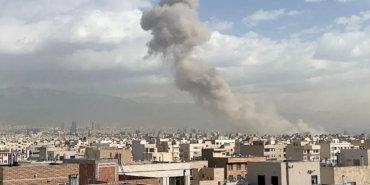
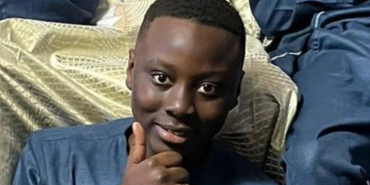

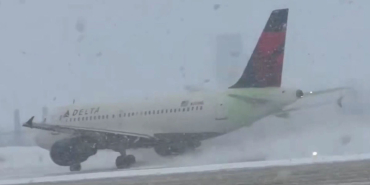

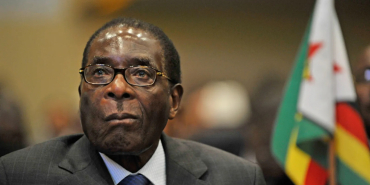
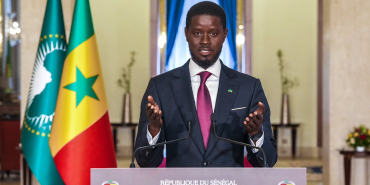
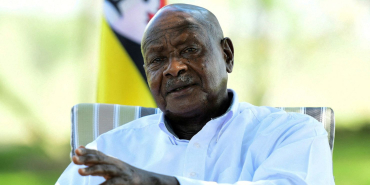


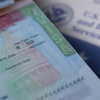

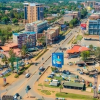
Add new comment